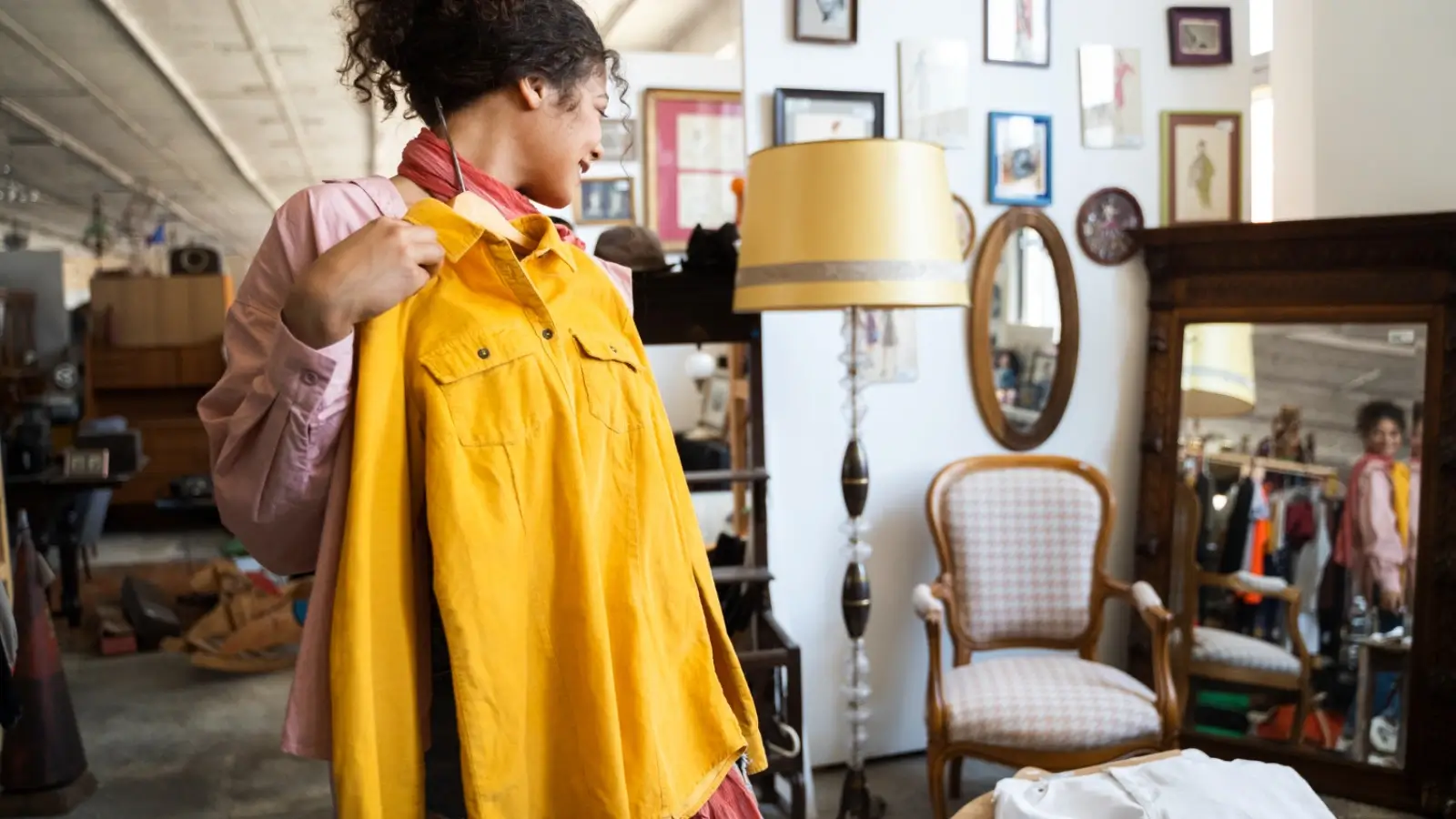Purpose-Driven Crossbreeding
Doodles, a popular crossbreed, aren't accidental. They're intentionally bred by combining breeds like Poodles with others, aiming for specific traits. Think of the Labradoodle, originally created to be a low-shedding service dog. This purposeful approach means the quality of a Doodle depends heavily on the breeder's knowledge and ethics. It's about more than just looks; it's about creating a companion with a desired temperament and coat type.
Beyond The "Mutts" Label
Some people dismiss Doodles as mere "mutts." However, this overlooks the science of hybrid vigor, also known as heterosis. Crossbreeding can actually reduce the chances of inheriting genetic disorders common in purebred dogs with high inbreeding coefficients. Reputable breeders use genetic testing to predict traits like coat type and temperament, making Doodles far from unpredictable.
The term "mutt" often carries a negative connotation, but in the context of Doodles, it can be seen as a testament to their unique, mixed heritage. These dogs are the result of thoughtful pairings, not random chance.
The Charm Of Hybrid Companions
These hybrid companions, like Goldendoodles and Bernedoodles, have captured hearts with their unique personalities and often hypoallergenic coats. Their popularity isn't just a trend; it stems from their origins as carefully planned crosses. Responsible breeders focus on health, temperament, and coat characteristics, aiming to produce well-rounded family pets. The variety within the Doodle world, from coat textures to temperaments, is a testament to the diverse genetic pools being thoughtfully combined.
| Doodle Type | Parent Breeds |
|---|---|
| Labradoodle | Labrador Retriever x Poodle |
| Goldendoodle | Golden Retriever x Poodle |
| Bernedoodle | Bernese Mountain Dog x Poodle |
Prioritizing Health In Doodle Breeding
1. Combating Inherited Disorders
Responsible Doodle breeders focus on health. They know that crossbreeding can bring benefits, but it doesn't automatically mean perfect health. It's about smart breeding choices. Purebred dogs can sometimes have a higher chance of certain genetic issues due to smaller gene pools. By carefully selecting parent dogs, ethical breeders aim to reduce the risk of these problems in their puppies. This means looking at the health history of both parent breeds.
2. The Science Of Hybrid Vigor
Hybrid vigor, or heterosis, is a real thing. It's when mixing two different, healthy dog lines can lead to offspring that are more robust. Think of it like getting the best traits from both sides. This genetic diversity can help puppies be healthier and live longer. However, this benefit only really shows up when the parent dogs are thoroughly health-tested. It’s not just about mixing breeds; it’s about mixing healthy breeds.
3. Comprehensive Health Screening Protocols
Ethical breeders have clear health screening steps. They test their breeding dogs for common issues like hip dysplasia, eye conditions, and heart problems. This testing is done through recognized organizations. For example, OFA (Orthopedic Foundation for Animals) provides certifications for hips, elbows, and heart health. Eye exams are done by veterinary ophthalmologists. These tests help breeders make informed decisions about which dogs to breed. This commitment to health screening is key to producing well-bred Doodle puppies.
Ethical Breeding Practices For Well-Bred Doodle Puppies

1. Meticulous Health Testing And Screening
When looking for a well-bred Doodle, health testing is a big deal. Ethical breeders don't just guess; they test. This means screening potential parent dogs for genetic conditions common in the breeds that make up the Doodle, like hip dysplasia or certain eye issues. It’s about being proactive, not reactive, to give puppies the best start possible. This commitment to health screening is a cornerstone of ethical breeding practices. It’s not just about avoiding problems; it’s about building a healthier future for the breed. Responsible breeders invest time and resources into these tests, making sure their dogs are as healthy as they can be before breeding.
2. Socialization And Temperament Assessment
Beyond just physical health, ethical breeders focus on a puppy's mental and emotional well-being. This involves early socialization, exposing puppies to various sights, sounds, and gentle handling from a young age. It helps them grow into confident, well-adjusted dogs. Temperament assessment is also key. Breeders observe how puppies interact with each other and with people, looking for stable, friendly personalities. This careful attention to socialization and temperament helps ensure that the puppies will integrate smoothly into their new homes. It’s a big part of what makes a Doodle a great family pet.
3. Commitment To Overall Canine Welfare
Ethical breeding goes beyond just the puppies in a single litter. It’s a broader commitment to the well-being of all the dogs involved, including the parent dogs. This means providing excellent nutrition, regular veterinary care, comfortable living conditions, and plenty of opportunities for exercise and mental stimulation. Responsible breeders view their dogs as family members, not just breeding machines. They also often have policies in place for the lifetime of the dog, such as return policies if a family can no longer care for their pet. This dedication to overall canine welfare is what truly separates ethical breeders from those who are just looking to make a profit.
Transparency And Accountability In Doodle Breeding
1. Openness In Breeding Protocols
Ethical Doodle breeders operate with a commitment to transparency. This means openly sharing their breeding protocols, health testing results, and even inviting potential owners to visit their facilities. Being upfront about practices builds trust. It allows prospective families to see firsthand the care and attention given to the dogs. This openness is a key differentiator from less scrupulous operations that might hide behind vague descriptions or private listings. True accountability starts with showing your work.
2. The Cost Of Visibility
Choosing to be transparent as a breeder isn't always easy. It means opening your doors to scrutiny, feedback, and sometimes, unfair criticism. Unethical breeders often thrive in anonymity, making it difficult for the public to verify their claims. Conversely, ethical breeders who share their processes, like detailed health screening and socialization plans, become more visible targets. This visibility, however, is a necessary part of accountability. It means standing behind your breeding decisions with integrity and allowing families to make informed choices.
3. Combating Misinformation And Elitism
The Doodle community, like many others, can sometimes fall prey to misinformation and elitism. Some groups may dismiss Doodles as mere "mutts" or "money grabs," often without understanding the purpose-driven crossbreeding involved. Ethical breeders actively combat this by providing factual information about health testing, temperament development, and the science behind hybrid vigor. Transparency helps to dismantle these unfair stereotypes. By sharing data and inviting dialogue, responsible breeders can educate the public and foster a more inclusive environment, focusing on the health and well-being of the dogs rather than arbitrary labels.
The Importance Of Responsible Ownership
1. Lifetime Return Policies
Responsible owners understand that a dog is a commitment for life. Ethical breeders often offer lifetime return policies, meaning if a dog can no longer be cared for, it can be returned to the breeder. This practice shows a breeder's dedication to the welfare of their dogs, even after they've left the premises. It’s a clear sign that the breeder prioritizes the dog’s well-being above all else, preventing dogs from ending up in shelters or worse.
2. Ongoing Support And Education
Good breeders don't just sell puppies; they build relationships. They provide ongoing support and education to new owners, answering questions and offering advice throughout the dog's life. This commitment helps owners manage common issues, understand their dog's needs, and maintain a strong bond. Responsible ownership means being prepared for the long haul, and a supportive breeder is a key part of that journey.
3. Preventing Unethical Breeding Consequences
Choosing a responsible owner means actively working against unethical breeding. By supporting ethical breeders and understanding the pitfalls of irresponsible practices, owners help reduce the demand for puppy mills and backyard breeders. This conscious choice contributes to a healthier canine population and discourages the cycle of neglect and poor health often seen in poorly bred dogs. It’s about making informed decisions that benefit not just your own pet, but the broader dog community.
Navigating The Doodle Landscape
1. Distinguishing Ethical Breeders
Finding a responsible breeder is key when looking for a Doodle. Ethical breeders prioritize health, temperament, and transparency. They conduct thorough genetic testing on their parent dogs, often using services like Embark or Paw Print Genetics, and perform OFA health screenings for hips, elbows, eyes, and heart conditions. These breeders are open about their practices, invite potential owners to see their facilities, and provide detailed health records for puppies. They also focus on early socialization and temperament assessment to ensure well-adjusted companions.
2. Recognizing Red Flags
Be wary of breeders who avoid questions about health testing or refuse to show you the parent dogs. High-pressure sales tactics, a constant availability of puppies year-round, or a lack of transparency regarding their breeding program are significant red flags. Unethical breeders might also use vague language about health or offer guarantees that seem too good to be true. Remember, a commitment to canine welfare means a breeder will be upfront about any challenges and will not cut corners on health or socialization. Responsible breeding is a continuous effort, not a quick profit.
3. Fostering A Positive Community
Building a positive community around Doodle ownership means supporting ethical breeders and educating new owners. This involves sharing accurate information about health testing, socialization, and responsible ownership practices. It also means discouraging the practices of backyard breeders and puppy mills that contribute to the overpopulation of dogs and the spread of genetic health issues. By choosing well-bred Doodles and advocating for ethical standards, we can help ensure these popular hybrid companions thrive and bring joy to families for years to come. Supporting ethical breeding practices benefits the entire dog community.
The Path Forward for Doodle Dogs
Ultimately, the conversation around Doodle dogs, like any breed, comes down to responsible practices. It's not about the mix itself, but about the care, health testing, and dedication of the people doing the breeding. Ethical breeders focus on the well-being of their dogs, aiming to produce healthy, well-adjusted companions. By choosing a breeder who prioritizes these values, potential owners can help ensure a positive future for Doodles and support a more responsible approach to dog breeding overall. It’s about making informed choices that benefit both the dogs and the families who love them.
















